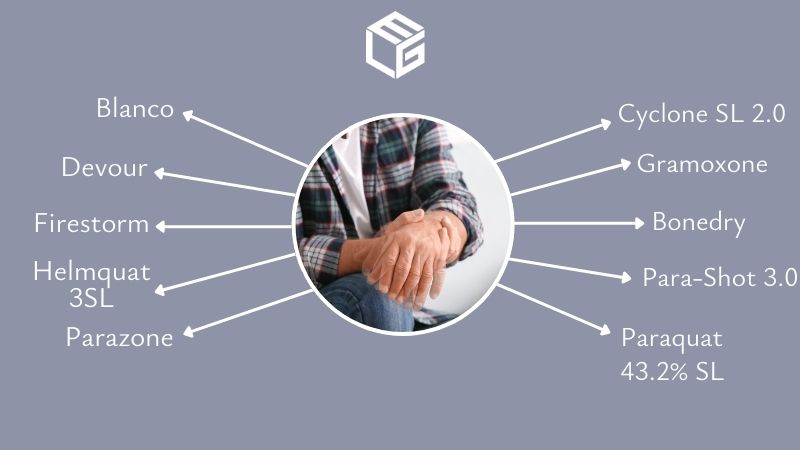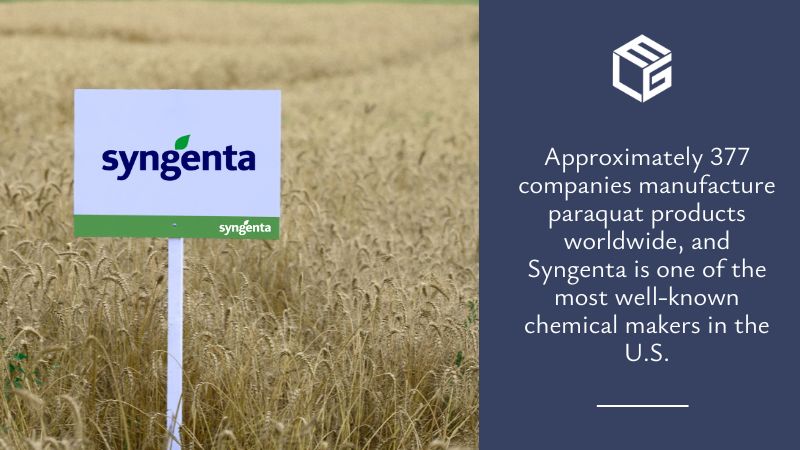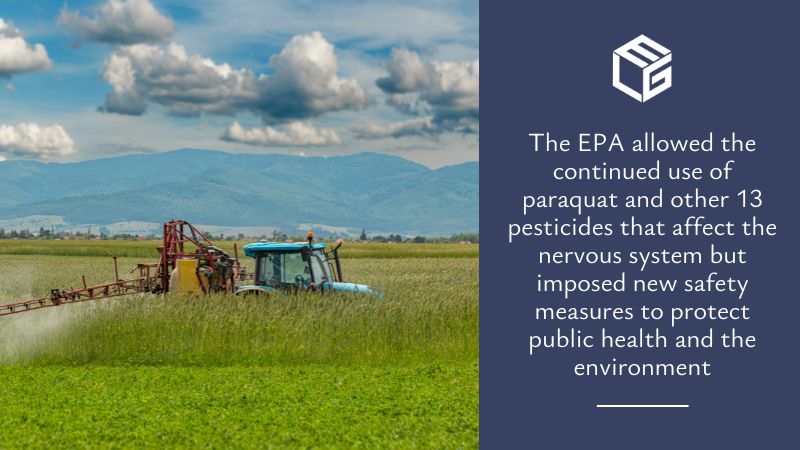The number of paraquat product liability claims is growing
It is the responsibility of the manufacturer to warn consumers of the known dangers and risks associated with their products.
When companies fail to inform users of the risks, which is the case of paraquat manufacturers, they potentially threaten the lives of any person who uses their product.
Crop dusters, farmworkers, herbicide applicators, chemical mixers, tank fillers, and residents of nearby communities, who have worked with paraquat and have been diagnosed with Parkinson's disease are now beginning to file product liability claims alleging the following:
- paraquat is a highly toxic product for human beings and makers failed to warn them of the dangers of being exposed to it
- manufacturers failed to adequately research the potential health risks presented by paraquat
- misrepresenting the safety of paraquat and negligently disregarding the potential paraquat risks
Additionally, the work conditions - hot/humid climate, lack of adequate personal protective equipment, leaking/clogged equipment, continuous use, lack of washing facilities, lack of training/awareness, and lack of medical facilities - made its use particularly hazardous. Paraquat was often mistakenly ingested because containers for drinking water and storage or mixing of paraquat were confused, and the herbicides have been found available in stores in re-packed containers without proper labeling.
Because weeds are becoming more and more resistant to glyphosate, sold under the brand name of Roundup, which is another toxic herbicide, it is estimated that the employment of paraquat will increase within the following years. This will inevitably lead to a larger number of Parkinson’s disease cases, as paraquat exposure has a strong causal relationship to the development of this condition. A medical study published in the American Journal of Epidemiology found that any exposure to paraquat, whether it is in the workplace or in close proximity to your home, increases the risk of developing Parkinson’s disease by 75%.
If one of your family members worked with paraquat and came to struggle with Parkinson’s disease, we strongly encourage you to contact our legal team, as we specialize in toxic exposure and will help them recover the compensation they deserve from the liable manufacturers by filing a claim on their behalf. At the moment, approximately 60,000 people receive a diagnosis of Parkinson's disease every year throughout the United States, but the number of cases is expected to increase dramatically within the following years, as the use of paraquat is becoming more and more prevalent. So far we have filed over 1,000 paraquat claims.
The safety measures proposed by the Environmental Protection Agency for paraquat use
Because there is no doubt that paraquat is a very toxic herbicide, the Environmental Protection Agency has recently come up with a series of new safety measures.
The purpose of these protective measures is to decrease the extent of exposure to paraquat and represent a very important step in ensuring the well-being of agricultural workers who use the herbicide, as well as that of the people who live in close proximity to farming communities where the herbicide is used.
The following are the safety measures proposed by the agency:
- the prohibition of aerial application of paraquat for most users with the exception of cotton desiccation
- the prohibition of pressurized handgun and backpack sprayer application methods on labels
- the addition of mandatory sprat drift management language on labels
- the limitation of the maximum application rate for alfalfa to one pound of active ingredient per acre
- the requirement of enclosed cabs if the area treated in a 24-hour period is more than 80 acres
- the requirement of enclosed cabs or PF10 respirators if the area treated in a 24-hour period is 80 acres or less
- the requirement of a residential area drift buffer and 7-day for cotton desiccation
- the requirement of a 48-hour restricted entry interval for all crops and uses except cotton desiccation
Furthermore, the Environmental Protection Agency is proposing to allow truck drivers who are not certified applicators of paraquat to transport the herbicide only when certain criteria are met. Hopefully, these requirements will come into effect soon and we will subsequently see a decrease in the number of people who develop Parkinson’s disease as a result of paraquat exposure.




